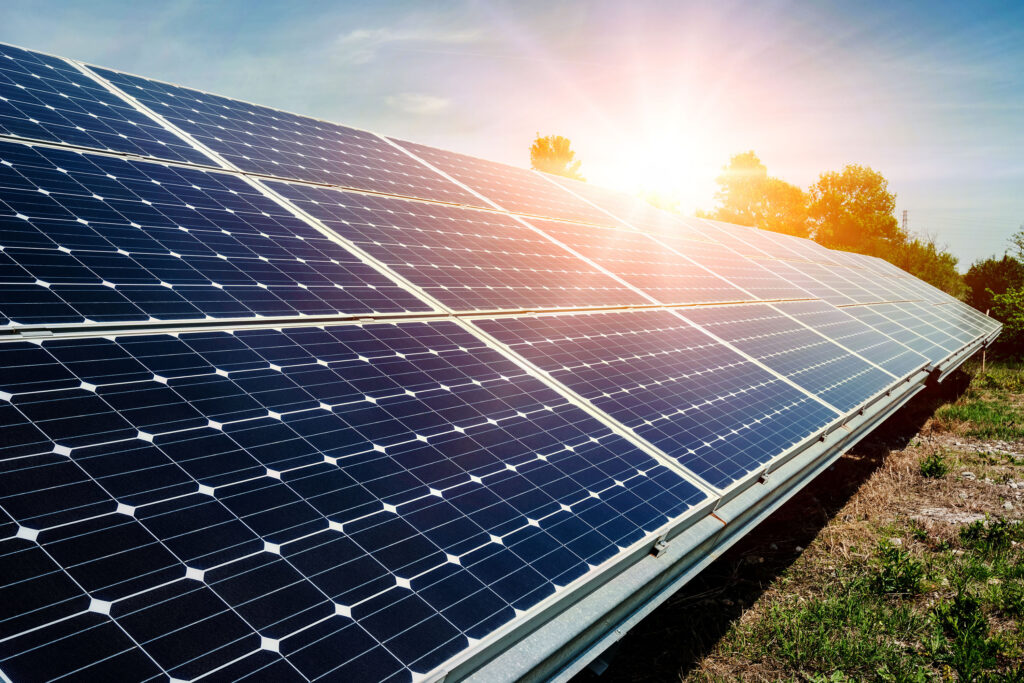Carbon Neutral Rauma
The City of Rauma is part of the Hinku network that brings together municipalities, businesses, citizens, and experts to create and carry out solutions to reduce greenhouse gas emissions.

Rauma as a Carbon Neutral City

In 2013, the City of Rauma joined the Hinku network that consists of municipalities leading the way in climate change mitigation. The aim of the Hinku network is to reduce municipal greenhouse gas emissions from 2007 levels by 80% by the year 2030, in cooperation with businesses, residents and experts.
The national Hinku network is coordinated by the Finnish Environment Institute.
Other climate targets of Rauma include
- promoting the vibrancy of the region
- improving the resource efficiency of businesses
- increasing business opportunities for enterprises and strengthening their competitiveness
- developing the region’s sustainable industry, circular economy and bioeconomy
- closer cooperation between the municipality and the business community.
Current State of the Climate Work
In its climate work, Rauma has emphasised cooperation with businesses and offered services to companies in Rauma to reduce their climate emissions and improve resource efficiency. Rauma has reduced its climate emissions by a total of 38% from the 2007 baseline (Syke 2024). The climate emission reduction data is based on Syke’s Hinku calculation model, which does not take into account carbon offsets. Climate work in Rauma is coordinated and monitored by the Hinku working group. The local Hinku working group is also responsible for planning and communicating the steps needed to achieve the climate emission target.
The City of Rauma is a part of the National Energy Efficiency Agreement for Municipalities 2017-2025 (KETS), which is also a requirement for joining the Hinku network. The Hinku task force works in close cooperation with the City of Rauma’s energy working group. The aim of the Energy Efficiency Agreement for Municipalities is to improve energy efficiency and promote renewable energy related measures. During the agreement period, Rauma will, among other things, install solar panels in its own buildings and change the heating system in its buildings from fossil fuel to geothermal heating.
Rauma has committed in its Energy Efficiency Agreement to increase its own energy efficiency in two stages over the next nine years; 4% by 2020 and 7.5% (5039 MWh) by 2025. The savings are calculated from 2015 levels. As it stands, Rauma has managed to reduce its own energy use by 9809 MWh by the end of 2024.